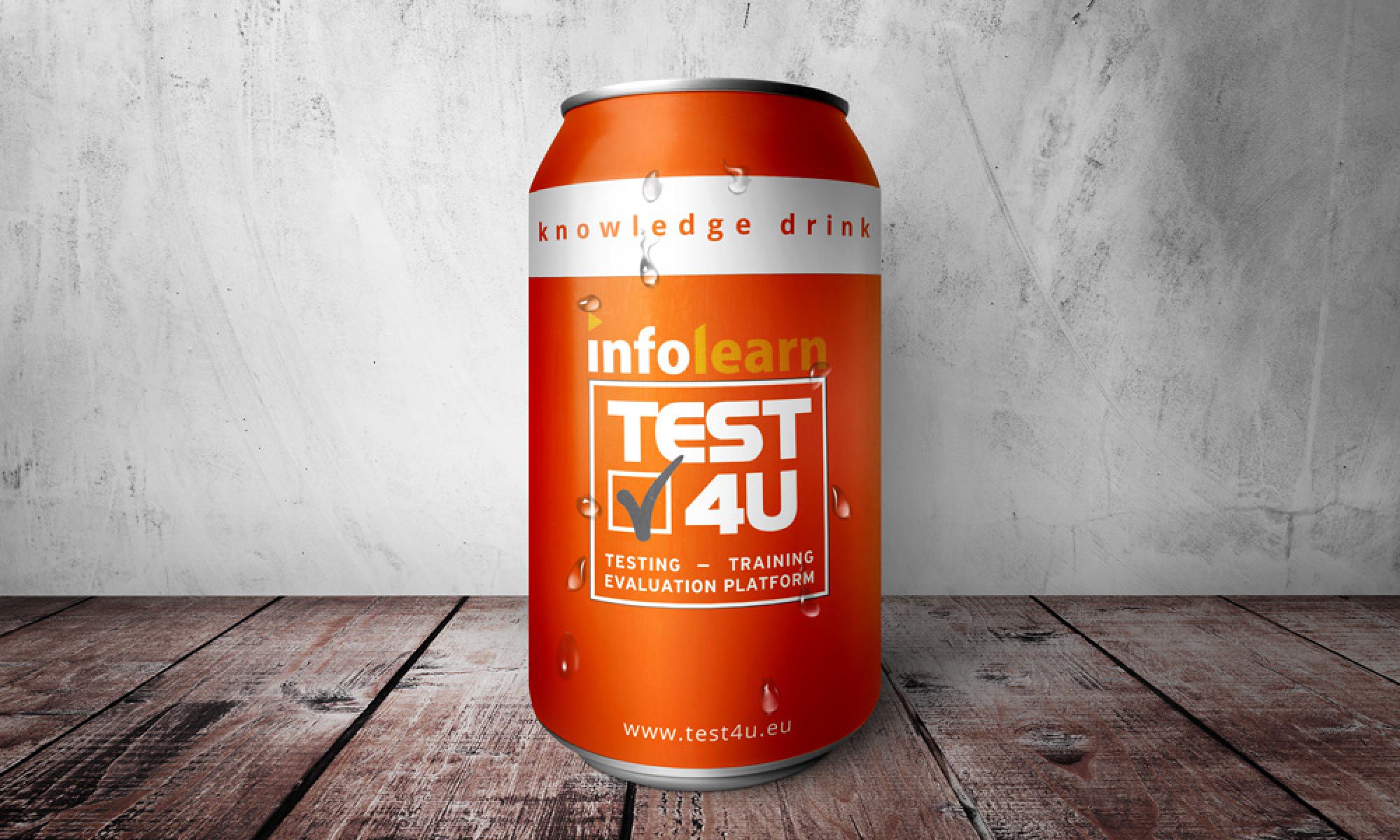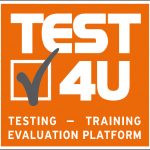Ways of effectively minimizing the volume of incoming CVs’ / applicants: the recruiters’ perspective
 Recruiters have been very resourceful while trying to find ways to minimize the volume of incoming resumes. And this is only natural. Dawn Boyer Ph.D., CEO at D. Boyer Consulting describes the typical workflow as following: “We would have as many as 60 job reqs open at any given time and I would have as many as 20-60 applicants per job req. I couldn’t physically read them all in the 40 hours a week I worked”.
Recruiters have been very resourceful while trying to find ways to minimize the volume of incoming resumes. And this is only natural. Dawn Boyer Ph.D., CEO at D. Boyer Consulting describes the typical workflow as following: “We would have as many as 60 job reqs open at any given time and I would have as many as 20-60 applicants per job req. I couldn’t physically read them all in the 40 hours a week I worked”.
Experts share their secrets:
- As it turns out, a good way to have fewer candidates is to prevent them from applying, when there is no point! The use of job boards is popular for a number of reasons, one of which is the option to ask screening questions. As Bernard Morgan, General Manager of Computer Recruiter mentions “Most of the job boards that we use have the option to ask screening questions when placing an advert. This is a useful way of filtering out unsuitable candidates.”
- Phrases that acts as deterrents when an applicant is ready to hit the submit button can be useful too! According to Bernard Morgan, “Another approach is to have a standard message at the end of your advert that says something like: “Please do not apply unless you have the relevant skills and experience“. The result is, more often than not, fewer candidates for the next step. And according to a Harvard Business Review recent research “Why Women Don’t Apply for Jobs Unless They’re 100% Qualified”, it is usually women the ones who take literally this guideline!

- Another way to keep the unqualified candidates away from your pool is to have them answer a list of questions. This is what Subhash Kalluri, CEO of FreJun start-up usually does in order to cut down the resumes to at least 30% of total applicant pool. He uses “a screening round where the applicants have to answer 10 questions, which are more attitude/personality related, in order to evaluate the cultural fit to the company.” As he mentions, “’it’s easier for us to go through the answers first and ask the relevant applicant to submit their resume based on the cultural fit to the company.”
- Despite the techniques to keep the unqualified CVs away, the persistent candidates will send it! So, the next barrier for the candidate to overcome could be a brief written questionnaire, from where the recruiter can extract a number of information. According to Lauren McAdams, career advisor and hiring manager at resumecompanion.com, such a techniques can show “most importantly how solid the candidates’ writing is”. But there are more benefits to this approach. Lauren McAdams uses it because “it acts as a gate keeper; many applicants simply don’t take the effort and we don’t hear back from them after sending the document.” It’s not a particularly long questionnaire and it certainly is relevant, so if an applicant can’t be bothered to fill it out, they probably aren’t going to be a great fit anyway.

- Dawn Boyer Ph.D. relies on technology in order to minimize the volume of applicants who feel ‘if they can just give me a chance’ or ‘I can be trained’ when that is not what the company is looking for. Making good use of the Automated Tracking System that she relies upon, she uses online digital screening tests in the form of pre-qualification questions as a first step, so as to automatically narrow the list down. As Dawn Boyer Ph.D. (D. Boyer Consulting) mentions “Smart recruiters really never have to read all the resumes of applicants to any job requisition if they use smart technology techniques to identify the better candidates through the automated tracking system (ATS) they are using to document and record all the resumes and applications”.
Relying upon the application system, she mentions that “The pre-qualification questions MUST be directly relevant to the job description itself. If the job requires a college degree in a certain field, then the pre-qual questions should address that. If the job requires no less than XX number of years in a certain industry, then the pre-qual questions can address that.” She then goes on to use “Boolean searches within the applicant pool for key words that the hiring manager would share ‘must be in the resume’ to cut the number of qualifying candidates down to a manageable number. […], this vastly reduced my physical reading of resumes, and brought me the best candidates in search queries very quickly”.
Boolean searches within the applicant pool vastly reduce physical reading of resumes @Dawn_Boyer Share on X- Lauren McAdams uses another way to minimize the volume of resumes: She uses “red flags” that are automatic disqualifiers: Things like not having at least a bachelor’s degree, changing jobs more than twice in the past year, or exorbitantly long, multipage affairs get the resume tossed”. This is particularly helpful when it comes to hiring based on specific skills or licenses and cases such as government contracts with specific requirements.
And that’s pretty much what a recruiter can do based on the candidates’ view of his own skills. Time to move on to the real skills: Most often than not, just asking about the existence of hard skills is not enough. Experts in the field, such as Dawn Boyer Ph.D.identify the problem: In most cases young people believe they know how to use proficiently software such as Microsoft Office; however, it usually turns out that they can open the program and start typing – but they have absolutely NO knowledge of how to use formatting, setting up simple formulas, or to copy and paste data between programs.
Knowing how to use proficiently MS Office is more than open the program and start typing @Dawn_Boyer Share on X
According to Dawn Boyer Ph.D., initial technology screening (hard skills) can be a MUST in this day and age.
Initial technology screening (hard skills) can be a MUST in this day and age @Dawn_Boyer Share on XA reasonable explanation, suggests Dawn Boyer Ph.D., would be that most job seekers nowadays who have not needed those computer skills (because they were in manual or customer service and sales) do NOT have those skills and don’t know how vital they are.
Most job seekers nowadays do NOT have computer skills and don’t know how vital they are @Dawn_Boyer Share on X
- It’s not just about what is mentioned on the resume, it’s more about what is that person able to do. Bernard Morgan claims to find value in doing an initial skills match and asking a few follow up questions to gauge how well a candidate matches the clients requirements, and if deemed suitable, the CV is forwarded to the client. Since the client is the one with the expertise in the IT skills that they are requesting, Bernard Morgan believes that it’s the clients the ones who are responsible for testing the candidates knowledge, before offering them employment. Sometimes, however, clients give a list of screening questions to ask candidates so that [the recruiters] can whittle out the ones without enough experience, but this is rarely done. After all, Bernard Morgan underlines that it is not just a technical match that the client is interested in, but also a personality match, which only the client can decide in a face-to-face situation.
- Subhash Kalluri practices the following technique: When it is needed to recruit an employee with specific IT skills (such as php skills), or an employee who will be required to use Microsoft Excel in a daily basis, such as a data analyst or a secretary, he sends to the candidates one of the toughest tasks that they have come across in their specific field, which they have to solve within a specific time limit (usually 24 hours). They can use any resources to solve the problem. Be it google or a friend. As he explains, the point is not to find the person who can solve the problem immediately: After solving the problem, the team asks the candidate to explain the steps on how they have solved the problem (reached solution). It’s followed up with a demo of the solution and questions based on the process solving the problem. Even if the candidates cannot find the solution, they should explain on how they have tried to solve the problem and why did they choose solve in that specific manner. Although this is not an automated process, therefore, it cannot fall under the “time-saving” category, it certainly provides plenty information about the way each candidate approaches a situation. The point is to evaluate on how they look at the problem within a given time frame, whether they have reached the solution or not Subhash Kalluri clarifies.

- Dawn Boyer Ph.D., on the other hand, would rely on IT Skills Tests in the case that certain IT skills were highly related to the job. She would tell ALL applicants there would be a ’technology usage and skill level test’ and have them come in at their and company schedule to perform certain tests on a computer – e.g., opening up the several MS Office Programs (not Access though), setting up a word document and format it, open an Excel spreadsheet and enter XX number of data in cells and then inserting a few simple formulas, or open up a PowerPoint presentation, and create a few slides and add text and a graphic. Simple stuff, but if they can’t do, they are not technology skilled enough to be able to learn other software easily or fast enough.
The need for such assessments has triggered the development of testing and training platforms, such as www.test4u.eu. These evaluation platforms address the need for assessments in actual working conditions. As quoted by Stelios Lambropoulos, CEO of infolearn-TEST4U, during a recent assessment in an entire enterprise, the results of Basic Office Skills level were disappointing: an 83% of the employees couldn’t reach the borderline, while the majority of the employees required more than one minute in order to send a simple e-mail with an attachment.
83% of the employees couldn’t reach borderline at Basic Office Skills level assessment @s_lambropoulos Share on X
The need for actual Hard Skills and the lack of Hard Skills is the main reason why certain Certification Bodies, such as DIPLOMA Human Resources Certification Body have developed an examination system to assess a candidates’ skills in as many as five applications simultaneously, and provide unquestionable results about the level of skills and adequacy. Certifications such as DIPLOMA Business Office and DIPLOMA Secretary Computer Workflow employ the scenario-based examination method in order to assess the skills in as close to actual working conditions as possible.
- Contrary to what most recruiters may think, Dawn Boyer Ph.D. has a different suggestion concerning the length of the resume: She suggests that resumes need to be written in a from that would provide greater utility to the recruiters. When candidates try to keep a resume brief, they are forced to leave out long and detailed descriptions about their work, which leads to many key-words being left out. Dawn Boyer Ph.D. underlines the need for this recommendation to stop: “I would say to recruiters that they need to STOP suggesting that applicants keep their resumes to one or two pages. This defeats the purpose of having the candidates be found by the key vital words in the resume that are relevant to the job itself. Job seekers keeping resumes down to a bio (one page) or 2 page resumes hurt themselves by not spelling out a more diverse employment history. The more content and vital key words in a resume, the better and faster a candidate can be found – even if their resume is 4 pages long!”
To cut a long story short, everything depends on the very nature of the job. Dawn Boyer Ph.D. summarizes that if a job has a high percentage of customer service, then I would emphasize that those soft skills are important, but you can’t judge those in a resume or with pre-qualification questions. Those soft skills must be judged via interviews (or rounds of interviews).
However, Dawn Boyer Ph.D. would suggest if that were directly relevant to the job description and tasking – […] a technology test on a computer before the actual interview. Many companies have those in place – in fact, the telephone company operators have technology tests applicants must go through before face-to-face interviews. For more about the latest trends in the IT Skills testing, visit https://www.test4u.eu/en/hr



